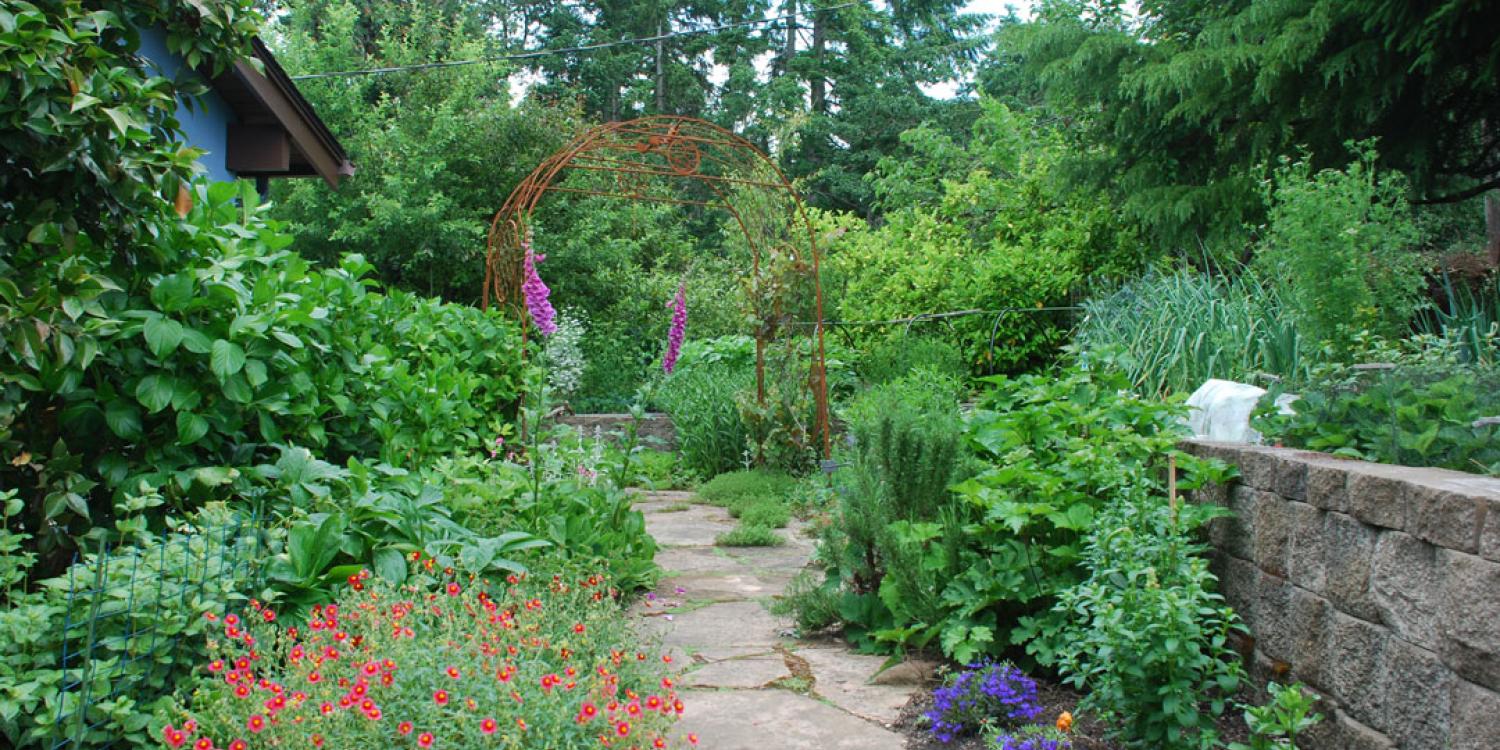
With 2,400 volunteers in 28 counties across the state, the 47-year-old Oregon State University Extension Service Master Gardener program made contact with at least 105,000 Oregonians in 2023. Traditionally, the structure and delivery of the program has limited volunteer participation to mostly include retirees, who live in areas where existing Extension programs were in place, or who were already connected with their local Extension Service.
Increasing diversity, equity and inclusion in the program is essential to meet the program’s goals and community need. The Master Gardener program is dedicated to embedding those values into curriculum, recruitment, audience and the experience of volunteers. Since issues of diversity are perceived differently in different areas of the state, the approach must be multi-pronged to meet the needs of all Oregonians.
In response to the challenge, Gail Langellotto, former Master Gardener statewide coordinator, and LeAnn Locher, Master Gardener outreach coordinator, began work in 2021 to increase the diversity of both its volunteer base and the communities they serve.
Langellotto, Locher and a team of faculty and volunteers worked to form, grow and strengthen relationships with longtime community partners who work with a broad diversity of Oregon gardeners. The program committed to increasing understanding among its Master Gardener coordinators and volunteers of how racism has historically limited opportunities for people of color and people with disabilities to participate and thrive in community horticulture as a profession or pastime.
The overall aim is to model inclusive practices to peers and to grow the breadth of the Master Gardener training curriculum and events to include cultural practices. The program has developed priorities and value statements to help guide the work.
Locher, who handles communications efforts for the program, helped embed diversity in social media, programs and other marketing. Working with a team, she’s added training and support for coordinators, who lead volunteers in their regions. Faculty receive trainings in how to support the LGBTQ+ community in their work and many participated in a six-week training with the Confluence project to learn Native American stories and connections.
The program is evaluating its curriculum using a diversity, equity and inclusion lens, and developing recommendations for incorporating diverse perspectives. At least one class in diversity, equity, and inclusivity is now required for Master Gardener training.
Langellotto and Locher formed the statewide Master Gardener Diversity, Equity and Inclusion Task Force and organized the first cohort. The task force includes 25 Master Gardener volunteers from 15 counties and seven employees. The group meets monthly and committees meet one to two times a month. Members make a 36- to 50-hour commitment to work and learn, including trainings from a multitude of diversity experts.
In addition to the task force, the OSU Extension Home Horticulture Working Group and the Oregon Master Gardener Association engaged in the efforts by updating each of their program’s mission and vision statements.
In late 2021, the task force surveyed Master Gardener coordinators to better understand the program’s current audience and reach. The program will use the survey results to determine what types of training or resources are needed to advance diversity, equity and inclusion goals. The program conducted a community needs assessment involving over 3,000 conversations and responses. Results showed strong support for flexible and on-demand learning options to meet the needs of busy gardeners who are often balancing work and family responsibilities.
The program’s efforts are paying off. The Master Gardener Program in the Portland metro area reported that 45% of its 2022 trainees, who were recruited in 2021, were from underrepresented groups. The lecture "The Work is in Our Hands," about the history and accomplishments of black horticulturists and garden clubs in the United States with Abra Lee drew 470 people. A screening of the film “Gather,” about Indigenous people reclaiming sovereignty over their ancestral food systems, and a facilitated discussion with two OSU experts, drew an audience of over 1,000 people.
Locher also launched a storytelling initiative – The Culture of Gardening – to amplify the voices of gardeners growing plants to connect with their heritage, culture and identity. So far, seven stories of gardeners with diverse backgrounds have been created, including recipes.